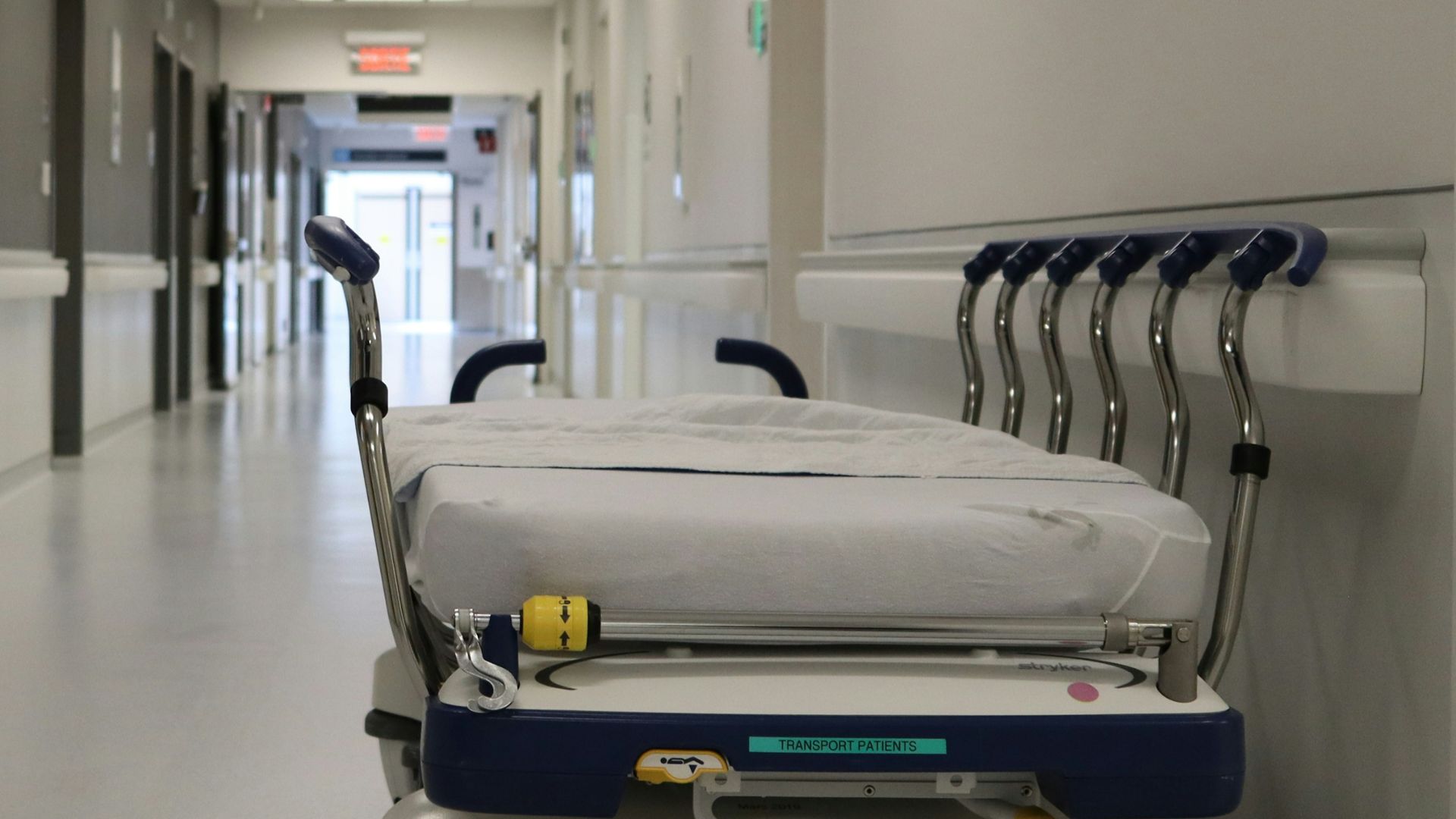Illinois has announced significant changes to its healthcare funding, specifically targeting programs that provide state-funded health care to undocumented immigrants and green card holders.
This decision comes in response to the escalating costs of these programs, which have far exceeded initial projections. Last year alone, the expenses related to providing healthcare for non-citizens soared to more than $1.1 billion, prompting state officials to reassess and adjust the eligibility requirements for these benefits.
Soaring Costs Prompt Policy Reevaluation

The financial burden of the Healthcare Benefits for Immigrant Adults and Seniors program has grown to an unsustainable level, with the cost of running this initiative ballooning to more than $1 billion over the last year.
This stark increase has led Illinois officials to make tough decisions, aiming to curb the escalating expenses by modifying who qualifies for the state-funded health insurance programs.
Eligibility Changes Effective April

Beginning April 1, undocumented immigrants and non-citizen green card holders who have been in the U.S. for fewer than five years will find themselves outside the coverage provided by two of the state’s health insurance programs.
This move by the Department of Healthcare and Family Services (HFS) is part of a broader strategy to manage costs while still attempting to provide some level of support to those affected.
Guidance Towards Alternative Coverage

The state of Illinois is not leaving those affected by the changes without options. According to the Department of Healthcare and Family Services, “The Department is also committed to ensuring that individuals who are no longer eligible for benefits… receive helpful information about their options so they can connect to alternative coverage, particularly through the federal ACA Marketplace.”
This statement highlights the state’s effort to guide individuals towards other possible healthcare solutions.
Anticipated Impact on Coverage

The alterations in policy are expected to have a significant impact, with HFS estimating that at least 6,000 people will lose coverage by May 1.
This estimation reflects the direct outcome of the eligibility changes and the state’s commitment to enforcing these new guidelines strictly to ensure the sustainability of its healthcare programs.
Criteria for Continued Eligibility

The state’s redetermination process is a critical component in managing who remains eligible for healthcare coverage.
As HFS spokesperson Jamie Munks stated, “The redetermination process ensures that those who are enrolled remain eligible for coverage. If an individual loses coverage through the redetermination process, it is because they no longer meet eligibility requirements, or they are required to respond or submit additional information to prove their continued eligibility, but they do not do so.”
Evolution of State-Funded Health Benefits

Illinois has progressively expanded its Medicaid-like benefits for non-citizens, initially offering them to individuals 65 and over in 2020 and broadening the scope to include those 42 and over the following year.
These expansions were part of the state’s efforts to provide wider healthcare coverage, which is now being recalibrated in light of financial constraints.
Financial Savings from Eligibility Cuts

In a meeting with the Joint Committee on Administrative Rules, Dana Kelly, the Healthcare and Family Services chief of staff, shared that the state anticipates saving over $13 million by excluding ineligible recipients from the programs.
This cost-saving measure is a direct response to the need to manage the programs’ financial sustainability amid growing enrollment numbers and rising healthcare costs.
Budget Estimates and Realities

The budgeting process for these healthcare programs has been challenging, with initial estimates significantly surpassed by actual costs.
In a stark revelation, last year’s projections were outdone by actual expenses by $880 million, a discrepancy that has forced Illinois to reevaluate and adjust its financial commitments to these healthcare initiatives.
Surging Enrollment Numbers

The number of enrollees in the state-funded health programs for non-citizens has also exceeded expectations.
While the state initially estimated 98,500 enrollees for FY 24, the actual number surpassed 120,000.
Government Response to Financial Pressures

In response to the mounting financial pressures, Governor J.B. Pritzker allocated $550 million to these programs in a previous budget.
For the upcoming year, a proposal of $440 million from the state’s general fund has been put forward, as reported by the Chicago Tribune.
National Debate and Legislative Responses

The adjustments to Illinois’s healthcare programs come amidst a broader national debate regarding the provision of benefits to undocumented immigrants.
This issue is particularly pressing as the U.S. continues to experience a historic migrant crisis. Meanwhile, other states like Maryland are considering legislation to allow undocumented immigrants to buy health insurance, indicating a diverse range of responses to the challenge of providing healthcare to non-citizens.
